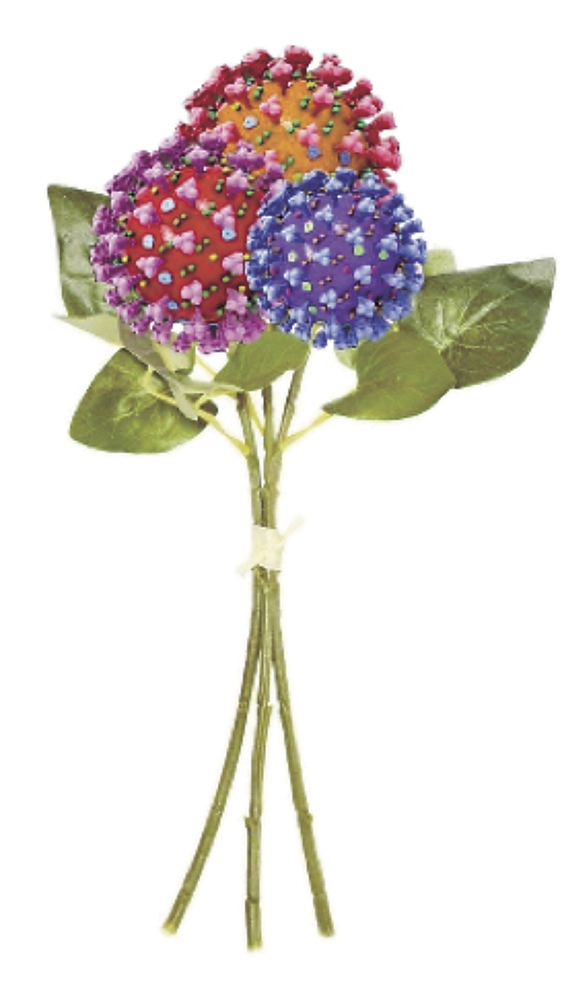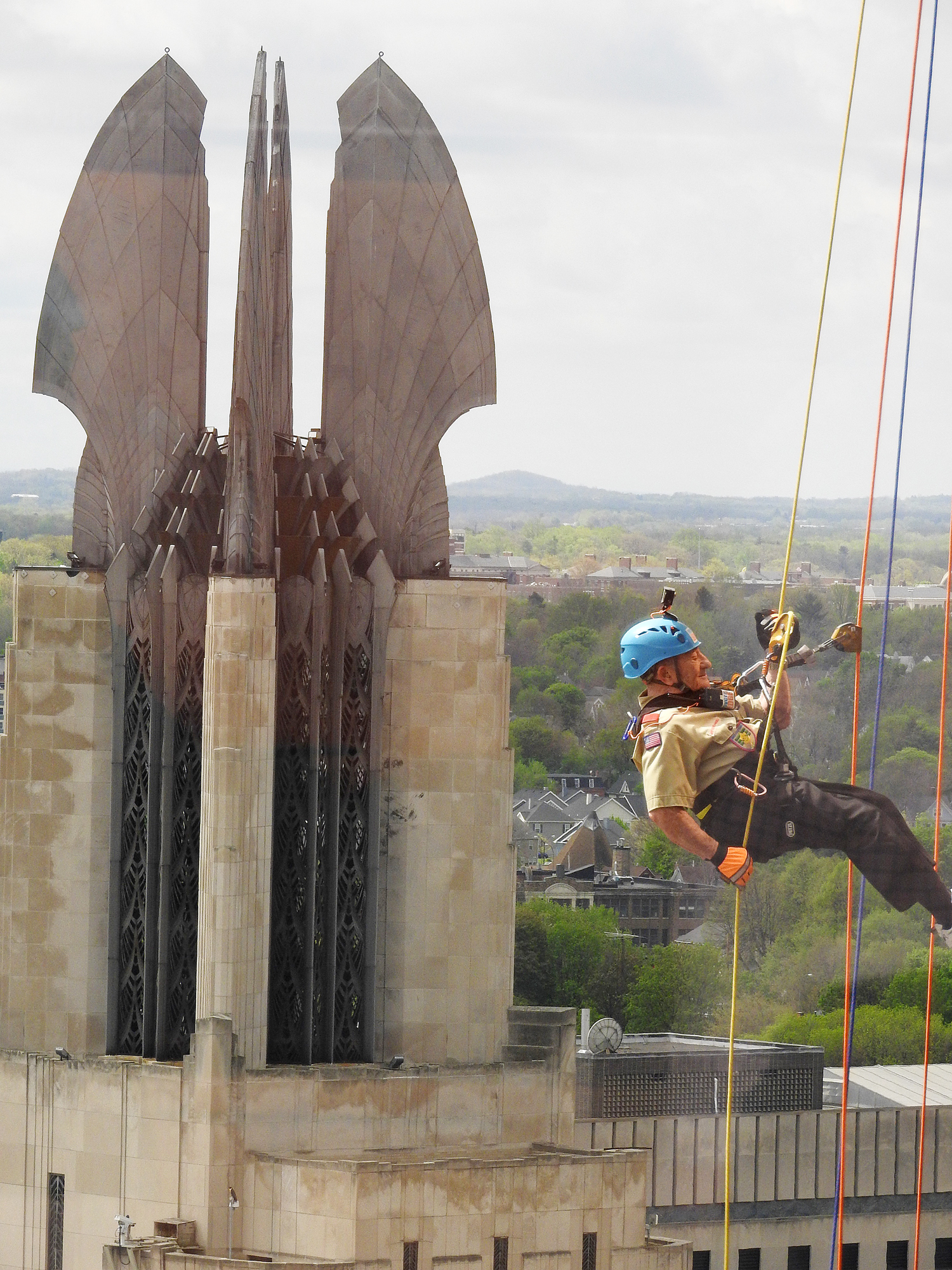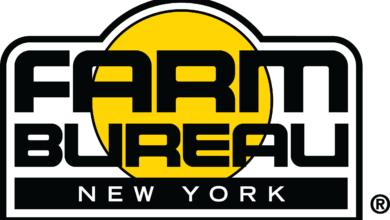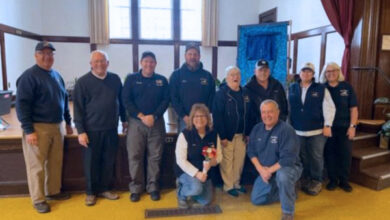Call for submissions for a community poem reflecting on the pandemic
Submit contributions for crowd-sourced poem by December 30, 2022; finished product to be displayed at Ogden Farmers’ Library in 2023
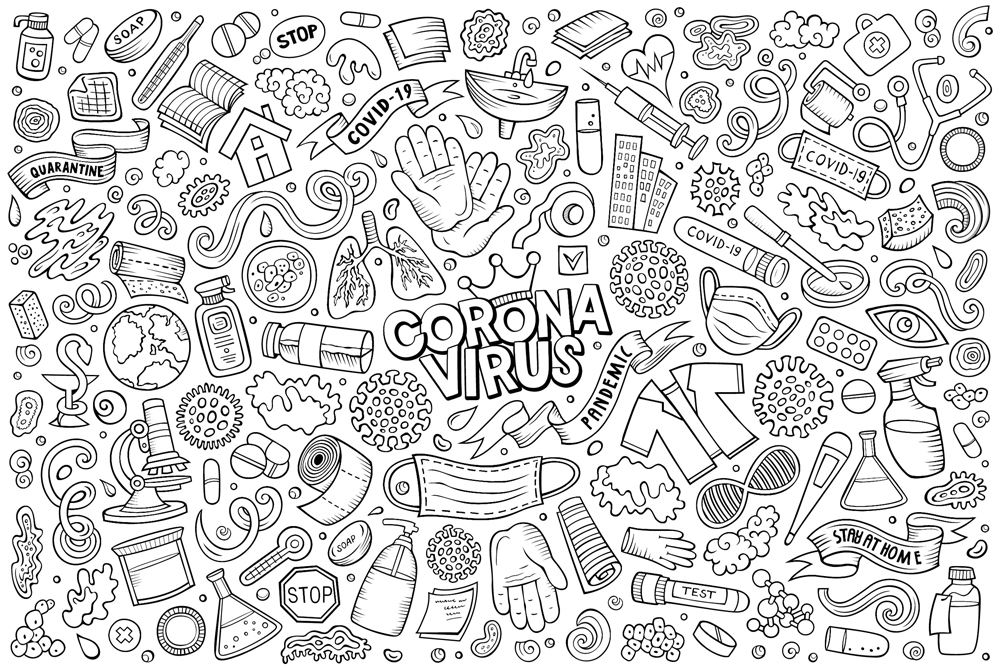
by Teresa Schreiber Werth
Almost three years ago we, in the United States, began to hear rumblings about a virus originating in China, that was spreading rapidly and was extremely contagious, having no precise cause or known treatments. It was far away from us, but it was also deadly. We all know what happened next.
Today, most people are tired of hearing about the pandemic, talking about it or even thinking about it. Masks, for the most part, have been put away or discarded, test kits have moved to the back of the closet and we desperately want to move on and believe that the pandemic is over.
My hesitant and painful conclusion is this: as much as we would rather NOT talk or think about the pandemic, I think we must. Because talking and thinking about it is an integral part of our healing. Talking and thinking about our pandemic experience is what will help us become more resilient. Sharing our pandemic experiences will give us some perspective, help us to feel more in control, validated and less alone, and provide some context for how we might handle the “next wave,” should there be one.
To that end, I am inviting our entire community to participate in a simple writing project, a poetry challenge, by submitting lines describing how you’ve been affected by the pandemic. This is not an original idea but one I am adapting from a similar project issued in April 2020 by National Public Radio. In that challenge, NPR’s poet-in-residence, Kwame Alexander pointed writers to a poem about grief and asked that submissions begin with the same words, “What I’m learning about grief…”
In this challenge – almost three years later – I am asking for written submissions from our community reflecting on a short essay by Arundhati Roy, “The Pandemic Is a Portal” (see sidebar).
Submission criteria:
1) Each submission should begin with the same words: What is this thing that has happened to us?
2) Suggested word limit – 150 words (sometimes less is more)
3) No vulgarity will be accepted. This is a family-friendly project.
4) Write about your personal pandemic experience: what YOU saw, felt, learned, struggled with, found comforting. Write about what stands out in your experiences of the past three years? Dig deep and share honestly.
5) Submissions may or may not rhyme
6) All submissions are donated by the writer to be considered for the final community poem.
7) Submissions will not be used to profit any one or any organization. Submissions remain the property of each writer.
8) Deadline: December 30, 2022
9) Send submissions in the text of an email to: OurCommunityPoem@gmail.com (No attachments will be accepted).
10) Failure to follow submission guidelines will disqualify an entry.
I will choose the submissions to be used to create a crowd-sourced, community poem documenting our pandemic experiences. Contributors chosen will be acknowledged in the final presentation. Our creation will be displayed at the Ogden Farmers’ Library in the new year. Stay tuned for those details.
Teresa Schreiber Werth is a retired communications professional, certified wedding/funeral celebrant, freelance writer and published author. She initiates this Community Pandemic Poem Project as a means of bringing us together to reflect on our pandemic experiences, to promote healing, resilience, and hope and to foster a sense of our place in history.
“The Pandemic Is a Portal”
by Arundhati Roy
What is this thing that has happened to us?
It’s a virus, yes. In and of itself it holds no moral brief. But it is definitely more than a virus. Some believe it’s God’s way of bringing us to our senses. Others that it’s a Chinese conspiracy to take over the world.
Whatever it is, coronavirus has made the mighty kneel and brought the world to a halt like nothing else could. Our minds are still racing back and forth, longing for a return to “normality,” trying to stitch our future to our past and refusing to acknowledge the rupture. But the rupture exists. And in the midst of this terrible despair, it offers us a chance to rethink the doomsday machine we have built for ourselves. Nothing could be worse than a return to normality. Historically, pandemics have forced humans to break with the past and imagine their world anew. This one is no different. It is a portal, a gateway between one world and the next.
We can choose to walk through it, dragging the carcasses of our prejudice and hatred, our avarice, our data banks and dead ideas, our dead rivers and smoky skies behind us. Or we can walk through lightly, with little luggage, ready to imagine another world. And ready to fight for it.
